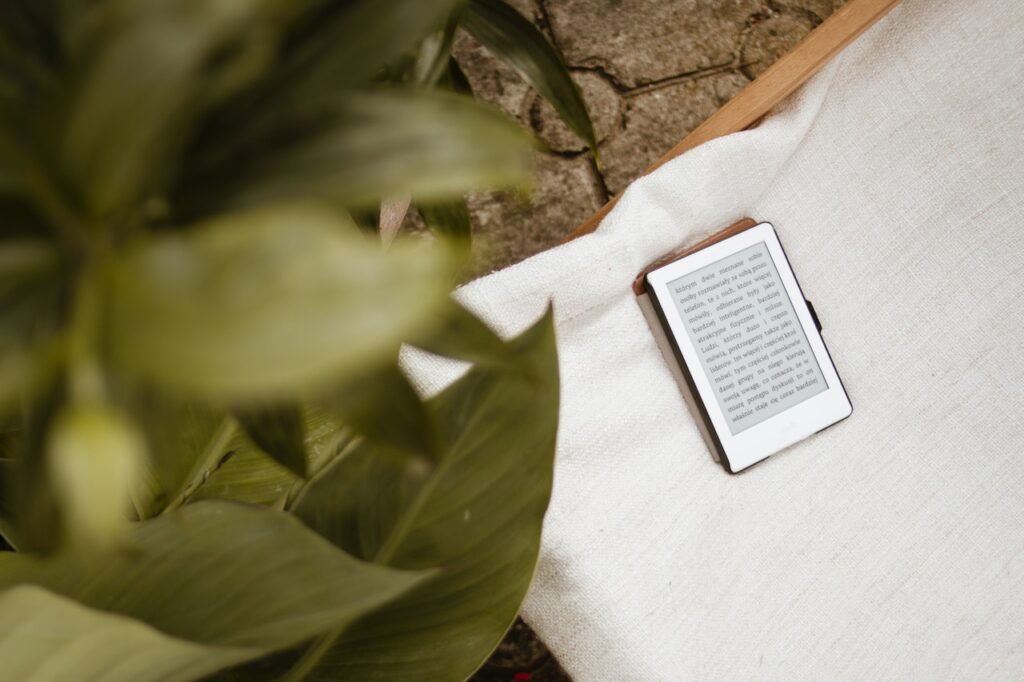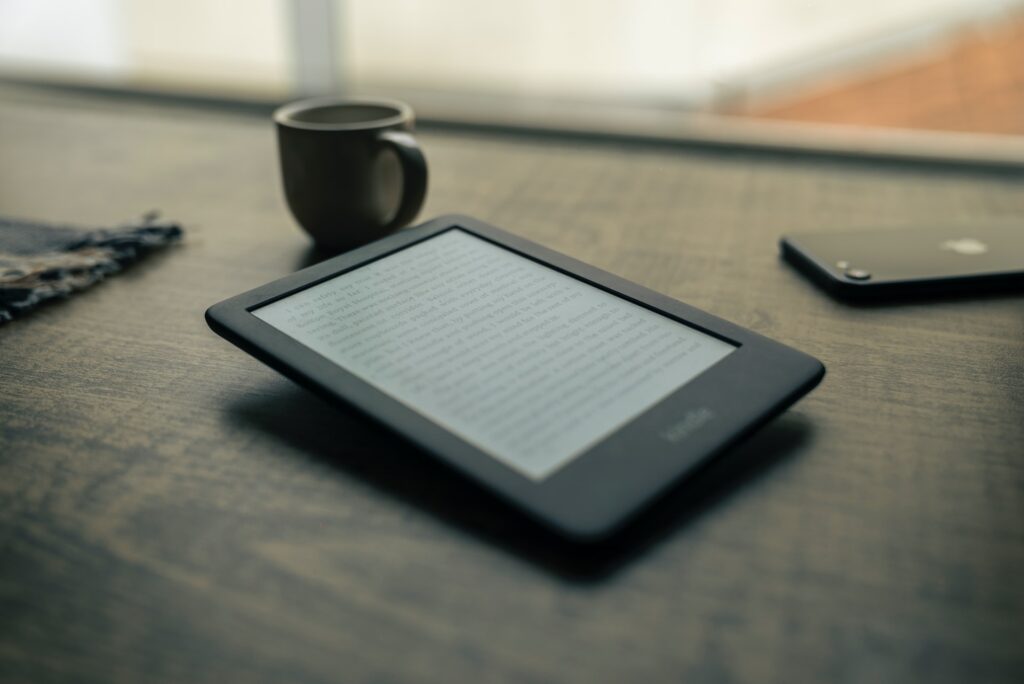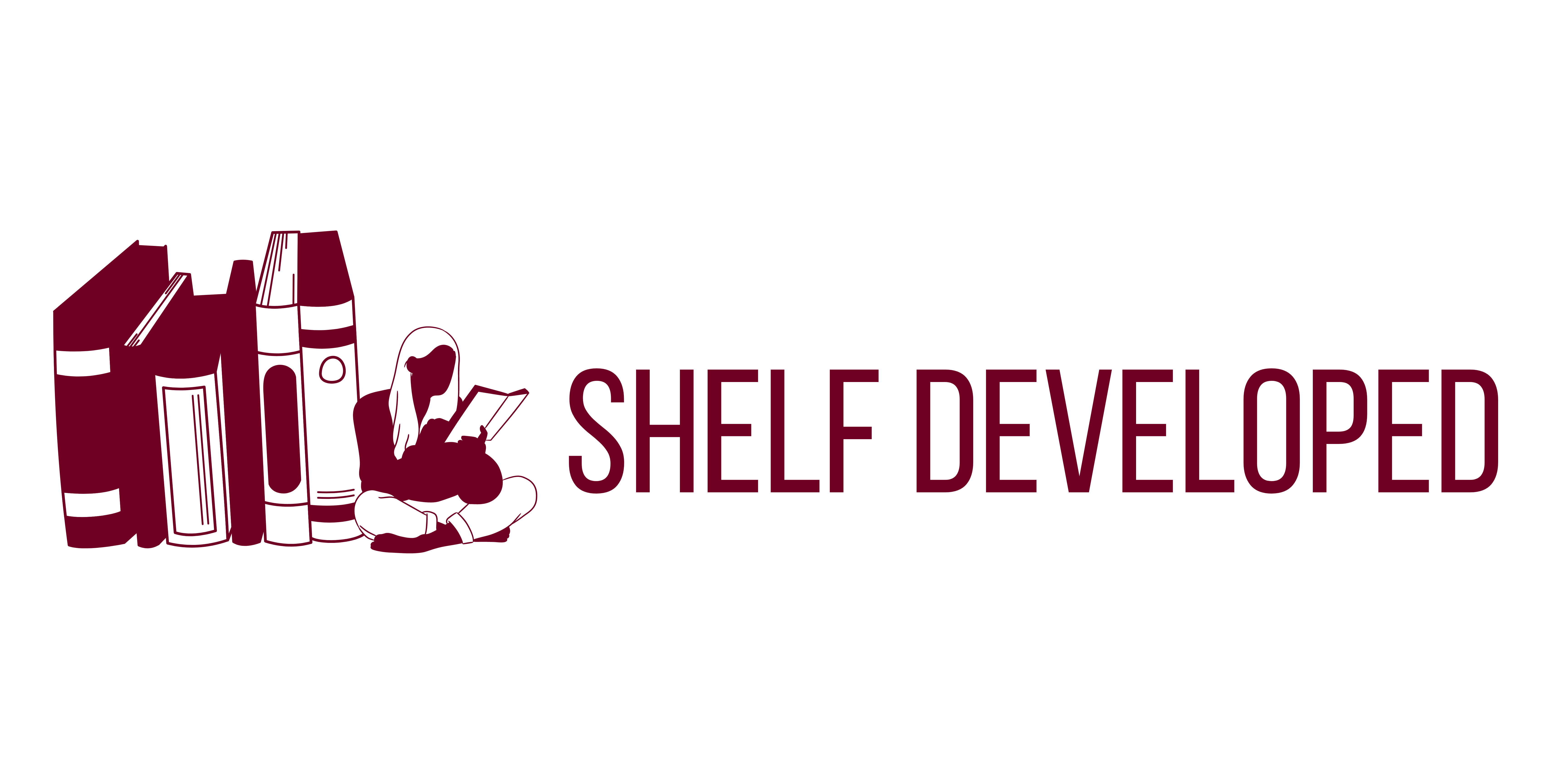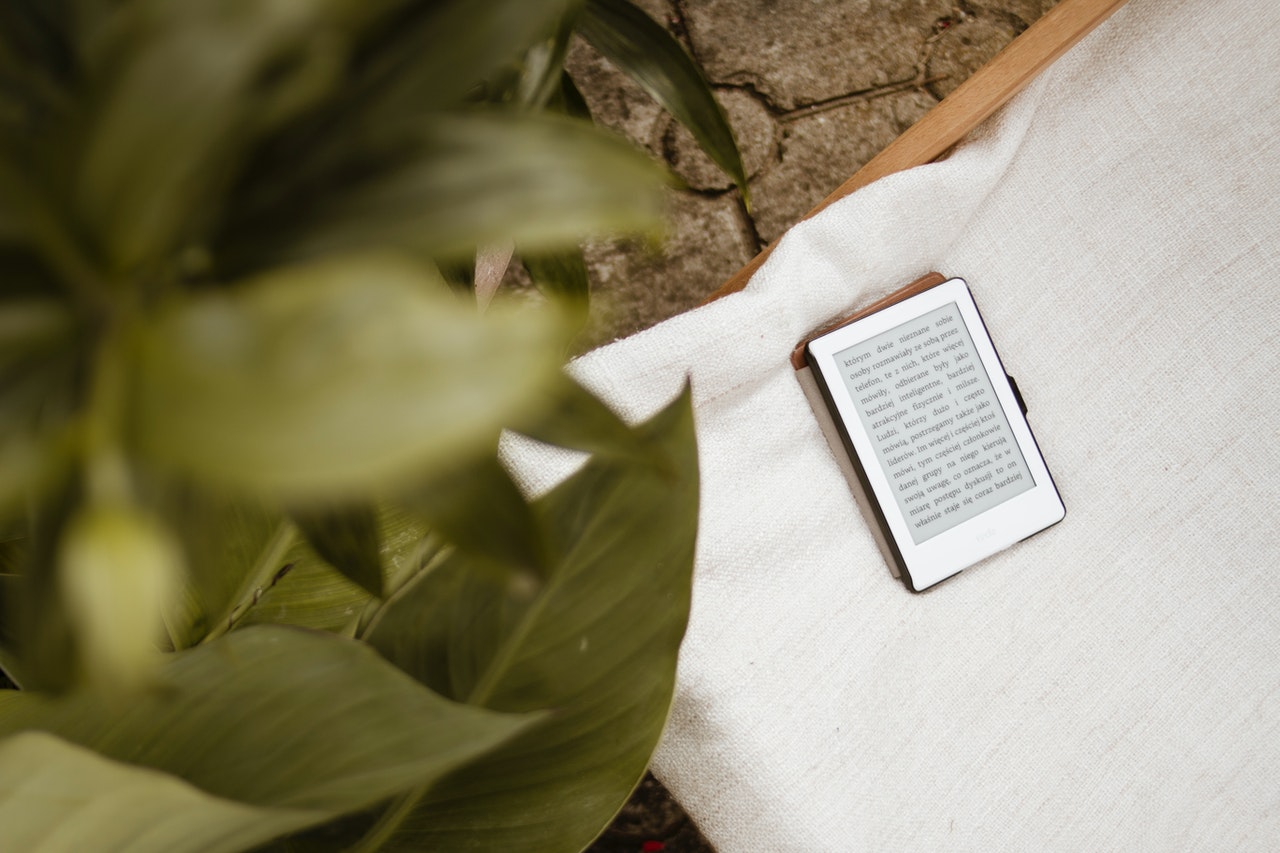I used to average 20 to 25 books a year, a rate I considered measly. I figured it was a result of my slow reading speed, lack of time, and my financial constraints. Where I’m from, books can get quite expensive, and public libraries with excellent selections are scarce. FOMO or not, I wanted to read more because I felt like I was missing out on so many good books. I couldn’t wrap my mind around booktubers reading 100 or more books a year. The endless recommendations and new releases were overwhelming. Was I going to die barely skimming the surface of the literary world’s best work?
So in 2020, I grew increasingly more serious about buying an e-reader. You have to understand, I was vehemently against buying an e-reader for years. Yes, I was an elitist. Yes, I was a book snob. I believed in the touch and sound of paper, the euphoria that comes from smelling lignin — that sweet scent that wafts in through your nostrils and down to the very tendrils of your soul — and looked down on the use of anything digital for literary pursuits.
My revulsion towards e-readers is deeply rooted in fiction. It is a fear I developed from reading one of the most impactful books in my life back in the seventh grade: Ray Bradbury’s Fahrenheit 451. A world where books are burned. My mind couldn’t grasp the idea. It seemed like the worst dystopia of all, the one I actually didn’t prefer to live in compared to real life. I guarded this fear, nurturing it affectionately as I grew older, clutching it tight as I obnoxiously protested against listicles and reading digital books. And Jeff Bezos.

At one point, March 2020 became November 2020. I ended up making the purchase. You know what pulled the trigger? Having someone else do it with me. A friend and I placed our orders together on Black Friday — two Kobos, a Nia and a Libra. They say that if you want to get things done, two is better than one.
We waited four months to get our hands on our Kobos. When we did, it changed our lives. As a certified in-bed-by-9pm, I was up until the wee hours of the morning reading. My reading experience had been completely elevated.
Here’s why.
Improved reading posture. My e-reader is incredibly light. At about 190 grams, I can hold it for hours without hand cramps. I may have to switch hands occasionally, but I don’t have the discomfort that results from holding the book at the covers or in between pages with my thumb. This is especially welcome when the books are 500 pages or longer. I don’t even have to worry about breaking in my books to care for the spine. There’s no spine to worry about at all.
Since it’s so lightweight, I can read for hours without much strain. I can hold it up to eye level with ease. This makes it less likely for me to curl up and hunch over my book. I’m more likely to sit up straight, which is always a good thing.
I thought I would never trade the experience of flipping pages for anything. But I have to say, I don’t really miss it. The page-turner clicks from the buttons provide enough haptic feedback to tell my brain that I am somehow progressing through a book. They also provide that faint click sound, somewhat like the clack you hear from page flipping. It works for me.
Because holding my e-reader is such a pleasant physical experience, it becomes easier to read more often and for longer. Multiply the effects of that over a year, and it will come as no surprise that you can double or even quadruple your reading average.
Increased book availability. I live in a small apartment. And while I could (perhaps irresponsibly) spend my entire paycheck on books, the practicality of storage cannot be ignored. Even if I managed to afford to buy a dozen books a week, I would quickly run out of space. Having an e-reader can store thousands of books in one very small place.
There’s also the fact that stores don’t always have copies of what you’re looking for. With eBooks, you have the Internet. It’s more difficult to not find something on the Internet than it is to find it.
I mentioned earlier that books can get expensive. eBooks are affordable because they don’t have the overhead costs of printing, design, and physical distribution. I’m not sure if this is a good thing, but this makes it that much easier to go a little overboard on purchases with eBooks than with physical books. At bookstores, the weight of my basket, or my inability to hold my stack of books without dropping one as I approach the counter, serves as feedback that perhaps I am being a tad excessive. That is not the case with eBooks. Do with that what you will.
Redefining “finishing” a book. When I heard Mark Manson say in a YouTube video that it’s okay to not finish a book, it felt like blasphemy. Sacrilege. I was shocked, offended, perhaps outraged… and then, relieved. I know it sounds crazy, but if you don’t like a book, you don’t have to finish it. Just put it down. It’s the same relief you get from just pressing “Back” on the remote when an episode on a Netflix show gets too absurd. You don’t have to finish it. Nobody cares but you. And if you don’t care, then, that’s one less person who cares. Don’t you feel better already?

So, I have moved to the dark side of the books vs eBooks debacle. I am telling you: an eReader is worth it — especially if you have constraints on funding and storage. Within the first month of using my Kobo Libra, I had already earned back the return on investment based on how much I would have spent buying physical copies of the books I read. I tripled and sometimes quadrupled my monthly reading rate. On December 31st, 2021, I found myself bewildered at my reading stats: 104 books read.
I never thought I’d be that person who read 100 books a year. But here I am, gunning for 120 at the end of 2022. See you on the other side.


Do you count unfinished books as a book read?
Hi Dana! Yes, I do. I think it’s perfectly okay to say “I read this book and I didn’t like it”. You put in the time and effort to go through some pages or even chapters before making that judgment. That counts as reading! I definitely think it’s the best use of our time to be reading things we do enjoy.
That being said, there are some books where I don’t get past maybe three or five pages because I just wasn’t into it at the time I opened it. Maybe I wasn’t in the mood for that type of book, or I couldn’t connect with the tone or language. These are books that I put back into “To Read” because they may be something I want to revisit at a later time. Ultimately, reading has become more enjoyable when I don’t apply rigid rules. Always make reading fun, whatever that may look like for you.